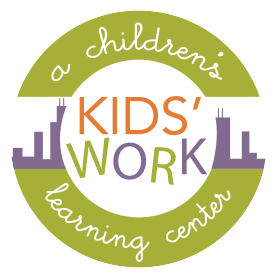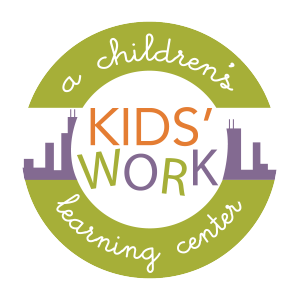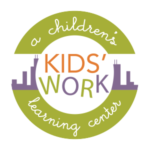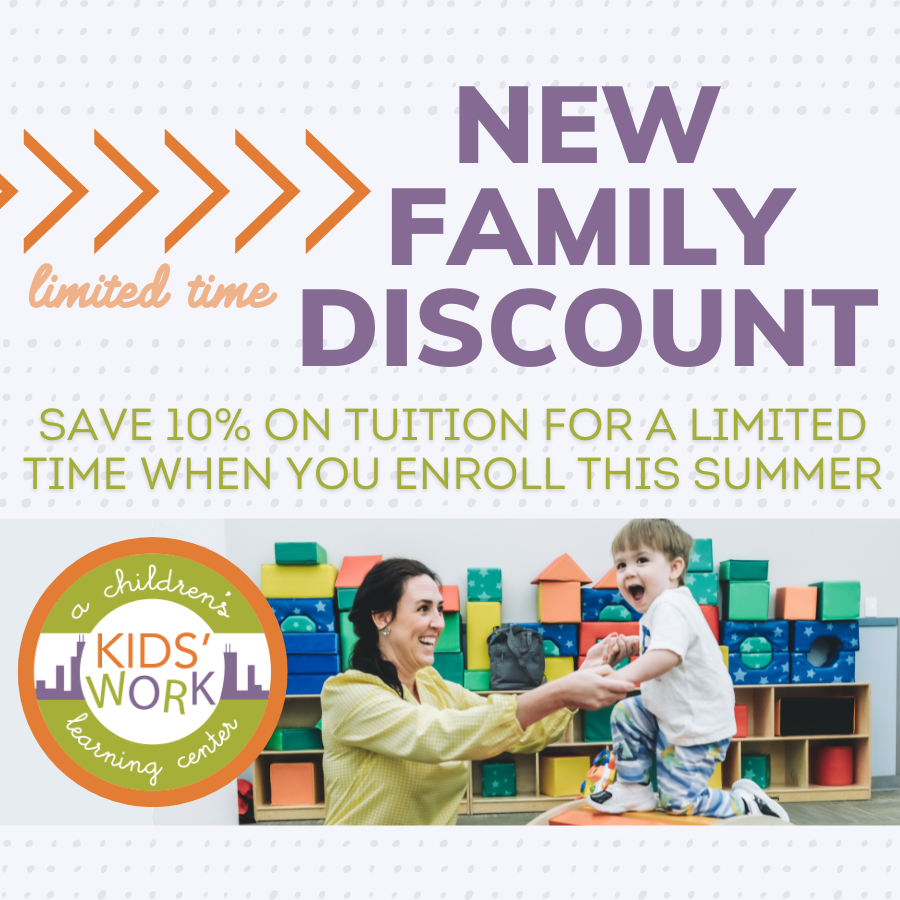Finding the Best Preschool Near Me– What Parents Should Look For
As a parent, one of the most important decisions you can make in your child’s life is selecting the right preschool for them. It may seem overwhelming researching all the options and narrowing down which ones best fit both your family’s needs as well as your budget; but luckily, there are certain key qualities to look out for that will ensure you have made the right decision when it comes time to enroll your little one. Whether this is their first experience outside of home or they’re transitioning from daycare into school; finding a high-quality preschool should be top priority – which is why we have compiled some tips on what parents should know when searching for the best preschool near me.
Research Preschools Online – Read Reviews, Ask Friends and Family for Recommendations
One of the most effective ways of investigating potential preschools is by leveraging the power of the internet. Online platforms offer a wealth of information, including but not limited to school websites, parent forums, and review sites. Browsing through these resources allows parents to gain a comprehensive understanding of the school’s curriculum, teaching methods, and overall environment. It’s also beneficial to read the reviews left by other parents, as their experiences can provide valuable insights into the practical aspects of day-to-day schooling.
In addition to online research, personal recommendations from friends and family can be invaluable. They can share their first-hand experiences, giving you a realistic perspective about the preschools in question. Thus, don’t hesitate to reach out to your close network when considering potential preschools near you. By combining thorough online research with personal recommendations, you can build a short-list of potential preschools that meet your child’s needs and align with your family’s values.
Visit the Preschools to Get a Feel for the Environment and Observe Classes in Action
Once you’ve created a shortlist of potential preschools, the next crucial step is to visit them in person. Visiting a preschool gives you an opportunity to observe the environment your child would be learning in, and to assess whether it’s a place where they can feel safe, comfortable, and motivated. Pay close attention to how the classrooms are set up – are they clean, organized, and equipped with age-appropriate learning materials?
Equally important is to observe a class in action, which allows you to see the teaching style, interaction between the teachers and students, and the children’s engagement in the activities. Are the teachers patient, supportive, and attentive to the children? Do the children seem happy, engaged, and actively participating? Your observations during the visit can provide a more accurate picture of the preschool’s daily operations, helping you make a more informed decision. Remember, your child’s first educational experience sets the foundation for their future learning, so take your time and trust your instincts.
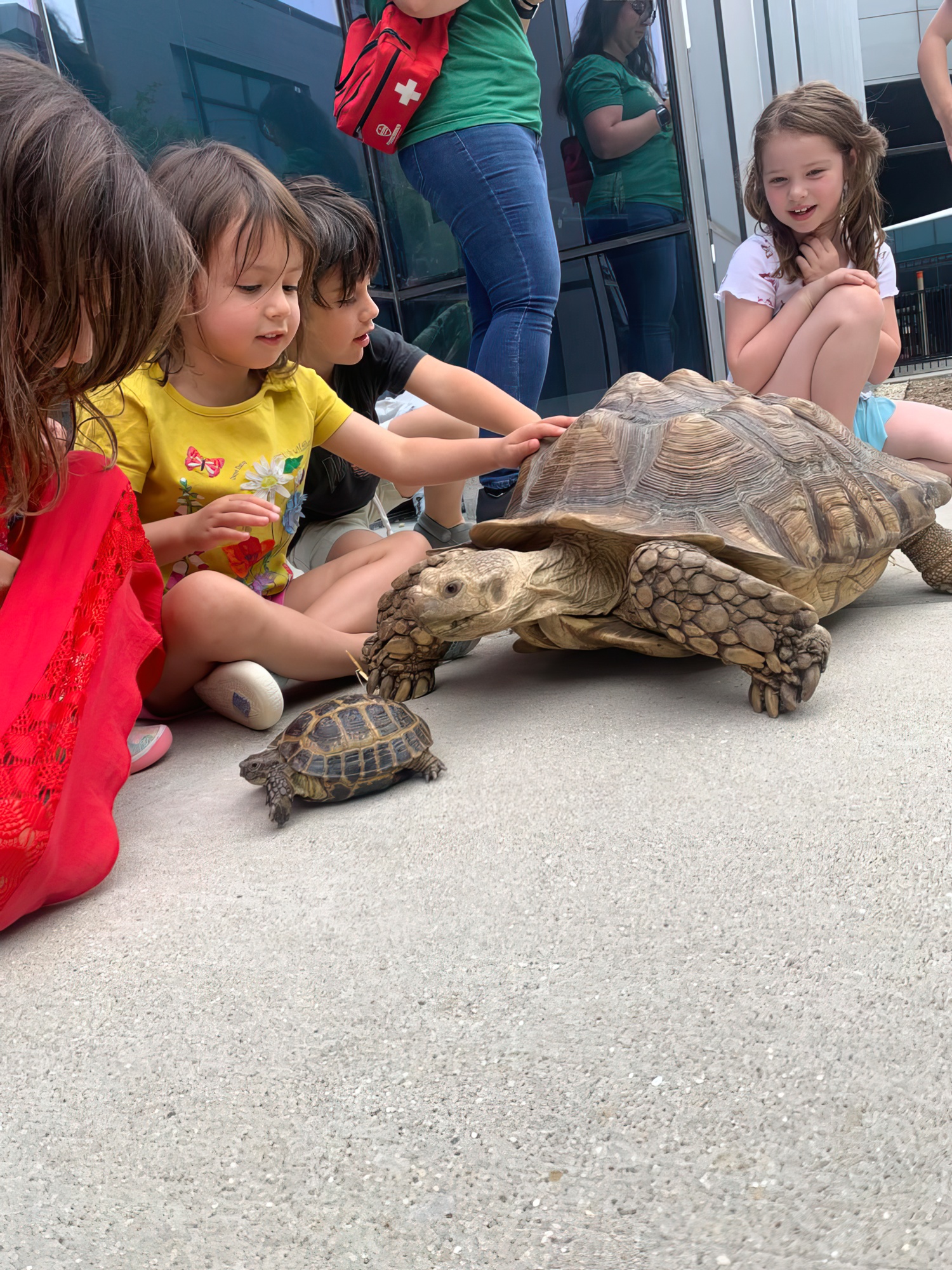
Consider the Curriculum – What Topics and Activities are Taught at the Preschool
The curriculum of a preschool plays an essential role in shaping your child’s foundational learning experiences. When considering potential preschools, delve into the details of their curriculum to understand the topics and activities they offer. A well-rounded curriculum should not only focus on academic subjects such as reading, writing, and math, but also include activities fostering social-emotional development, physical education, creative arts, and perhaps even exposure to languages or basic scientific concepts.
Look for a balance between structured activities and free play, as both are crucial for your child’s development. Structured activities introduce children to new skills and concepts, while free play encourages creativity, imagination, and social interactions. Additionally, it’s beneficial if the school incorporates hands-on learning activities that allow children to gain a deeper understanding of the world around them.
It’s also important to reflect on how the curriculum aligns with your child’s learning style and interests. For instance, if your child is particularly creative or enjoys being active, a curriculum that values art or physical activity might be a good fit. Ultimately, the goal is to find a preschool with a curriculum that can nurture your child’s curiosity, foster a love for learning, and support their overall growth and development.
Evaluate Safety Policies – Do They Have Security Measures in Place such as Locked Doors and Cameras
Another crucial aspect to consider when evaluating potential preschools is their safety policies. The security of your child is paramount, and you need to be sure that the preschool has robust safety measures in place. Inquire about their security protocols – do they keep their doors locked or have security personnel present? Is there a system in place for pick-up and drop-offs to ensure that only authorized individuals can interact with the children?
Additionally, consider the role of technology in the school’s security measures. Are there surveillance cameras installed in strategic areas to monitor the school premises? Is the play area well-fenced and secure from outside intrusions? Be sure to inspect these areas during your visit and discuss any concerns with the administration.
It’s also important to ask about the school’s preparedness for emergencies. Do they have emergency evacuation plans in case of fire or other unexpected events? Are the staff trained in first aid and CPR?
A secure, well-monitored environment will not only keep your child safe, but also provide you with peace of mind, knowing that your child is in a safe and secure environment.
Look into Staff Qualifications – Do Teachers Have Proper Credentials and Experience
The qualifications and experience of the staff are vital factors to consider when assessing potential preschools. This goes beyond just having the right academic credentials – preschool teachers should also have undergone necessary professional training in early childhood education. This helps them understand the developmental needs of young children and design teaching strategies accordingly.
Inquire about the teacher’s educational background, certifications, and years of experience in handling preschool-aged children. Also, seek information about their ongoing professional development. Are the teachers provided with regular training to stay updated with the latest educational trends and teaching methodologies?
Furthermore, positive interaction between teachers and children is crucial at this stage of learning. Observe if the teachers demonstrate warmth, responsiveness, and respect towards the children. Experienced teachers should not only be knowledgeable but also skillful at creating a nurturing environment that promotes a child’s social, emotional, and cognitive development.
In conclusion, the staff’s qualifications and experience can significantly influence the quality of education and care your child receives. Therefore, it is of utmost importance to ensure that the teachers have the necessary qualifications and experience to foster a supportive and enriching learning environment.
Check Local Licensing Requirements – Make Sure the School is Following All Regulations
Lastly, it’s essential to ensure that the preschool complies with local licensing requirements and regulations. Licensing requirements vary by city, state, or country, but they generally cover areas such as health and safety, teacher qualifications, and program requirements. Checking the preschool’s license status verifies that it meets these minimum standards, ensuring a safer and more effective learning environment for your child. It would be beneficial to ask the preschool for their license certificate or number, which you can then cross-verify with your local licensing agency. Remember, a licensed preschool is more likely to adhere to high standards of care and education, providing a conducive and enriching environment for your child’s early learning.
When choosing a preschool, there are many factors to consider. From assessing the curriculum and safety policies to evaluating staff qualifications and verifying licensing requirements, all these elements contribute to creating a conducive learning environment for your child. Doing your due diligence can help you find the right preschool that will provide your child with an enriching learning experience.
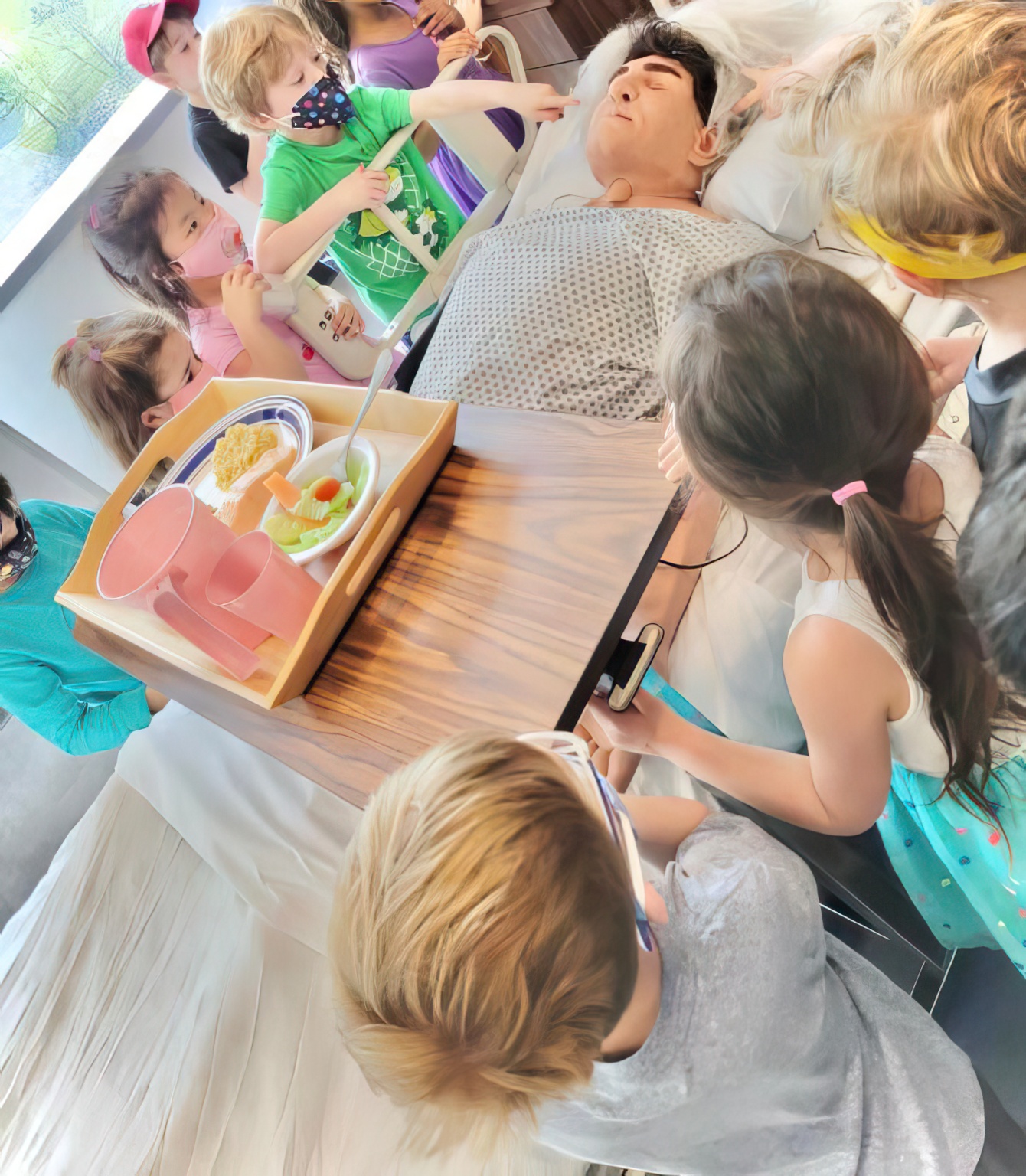
https://www.google.com/maps?cid=9628590424428984626
